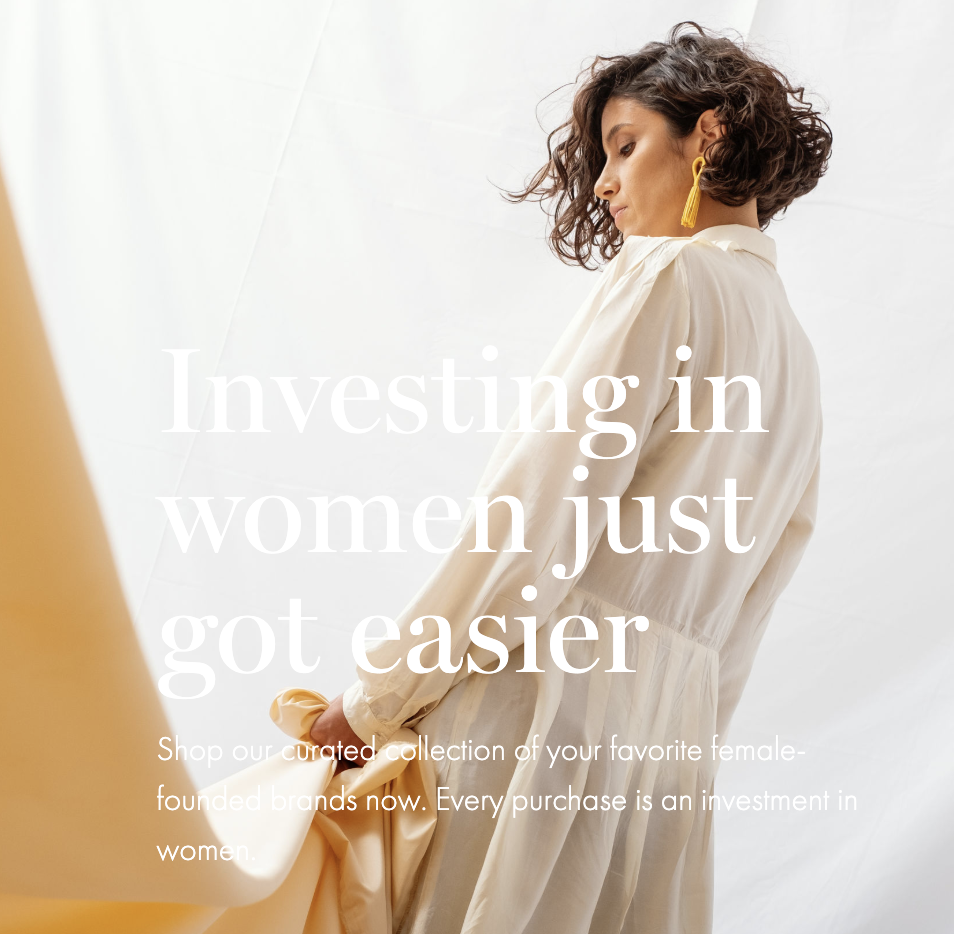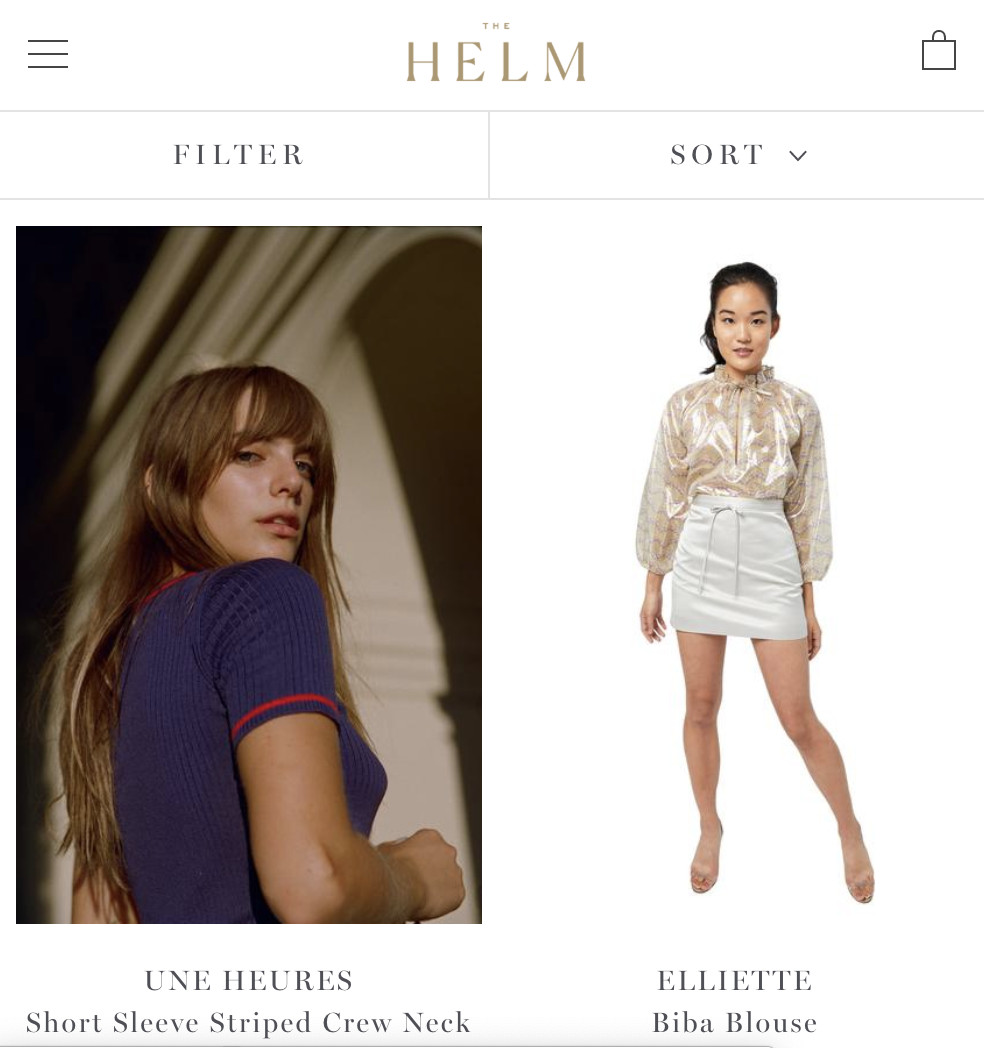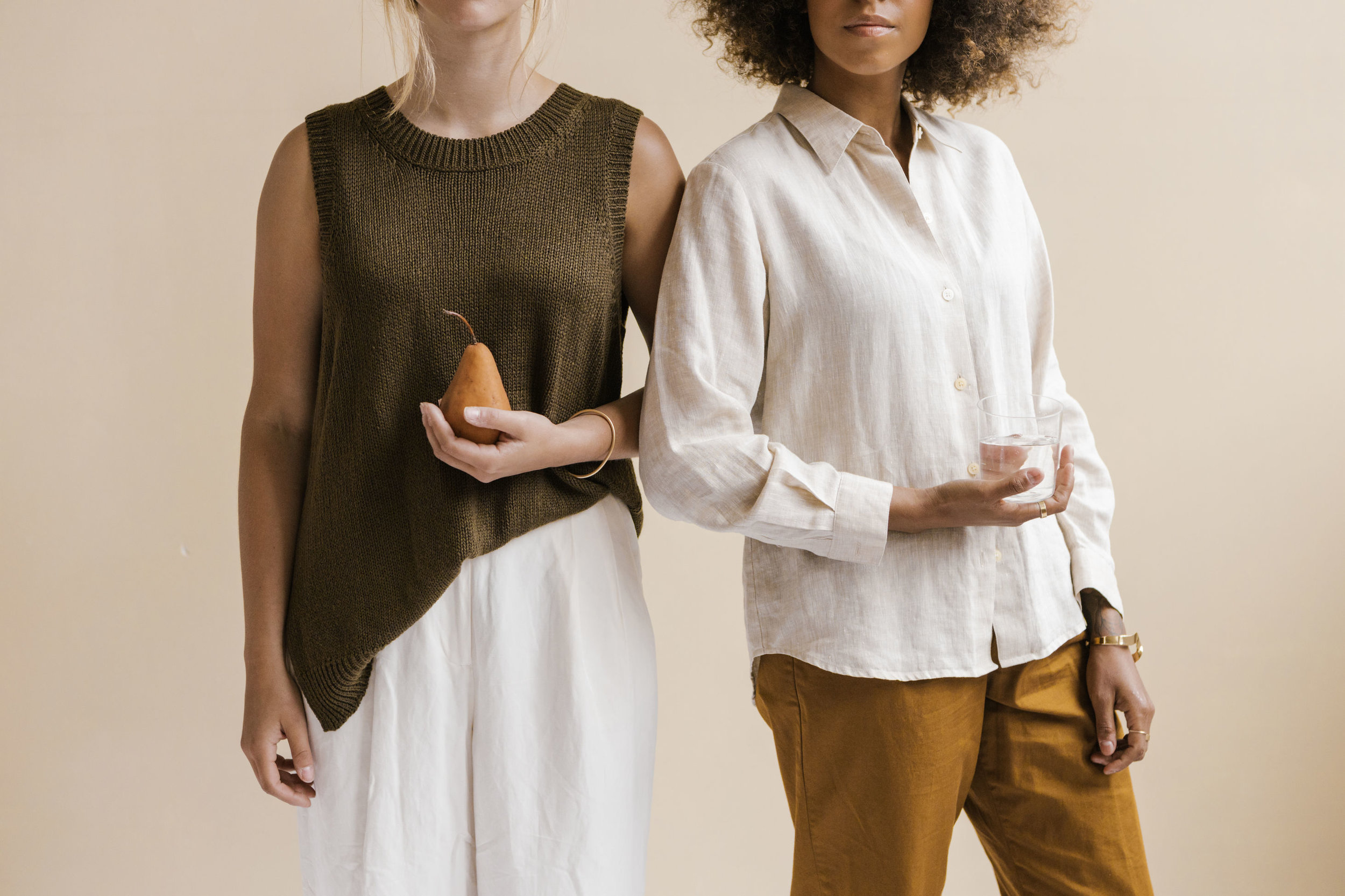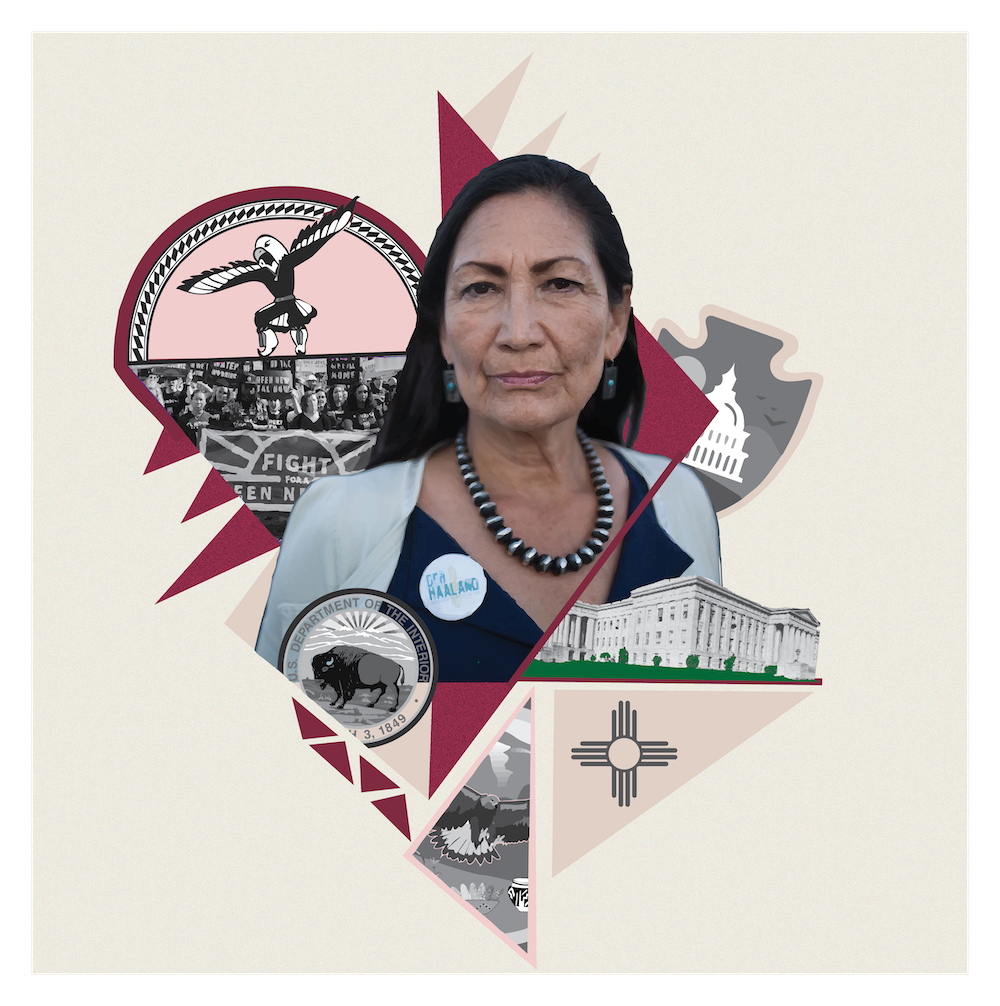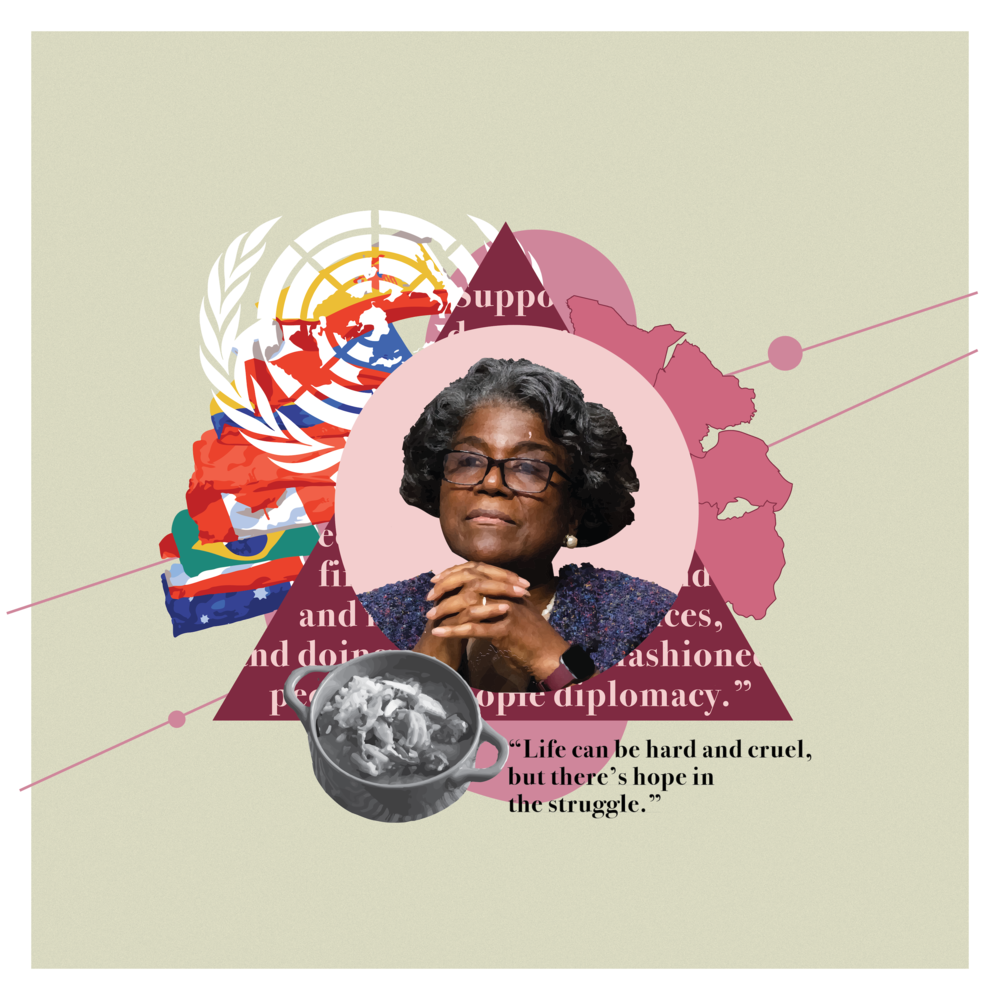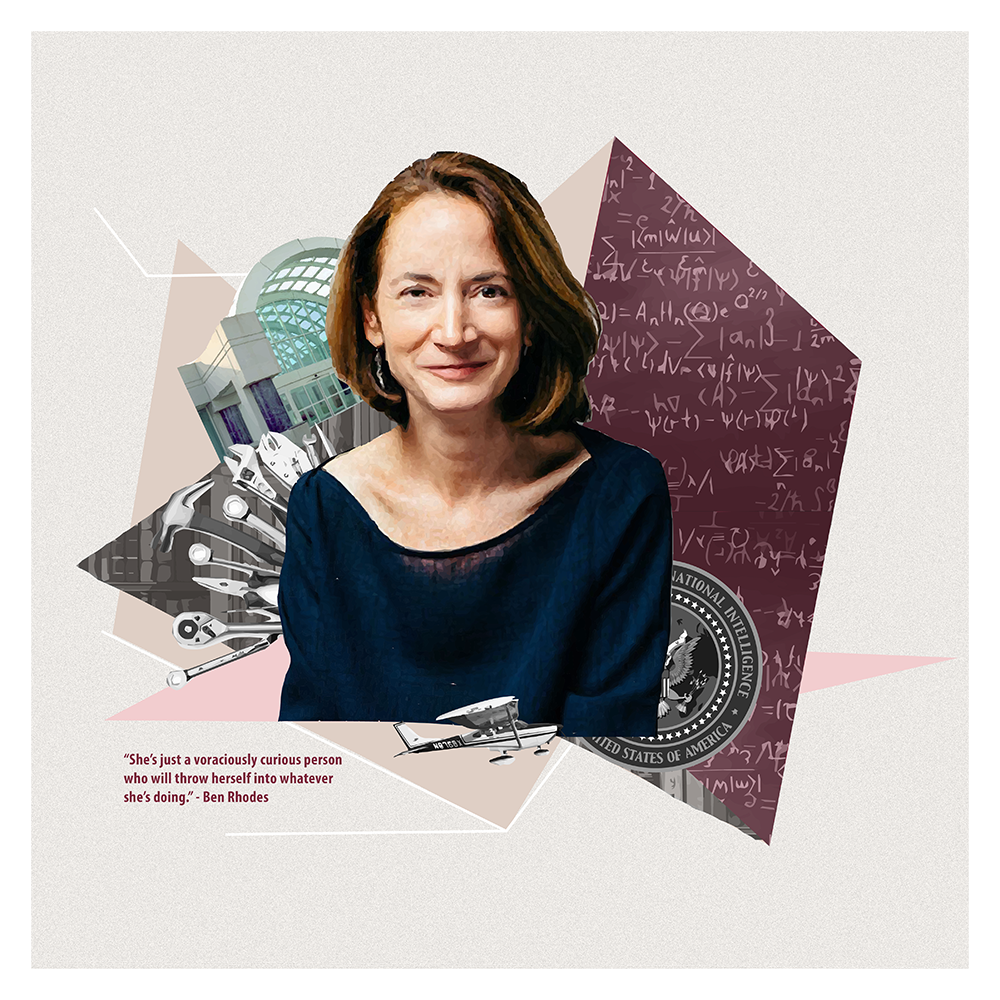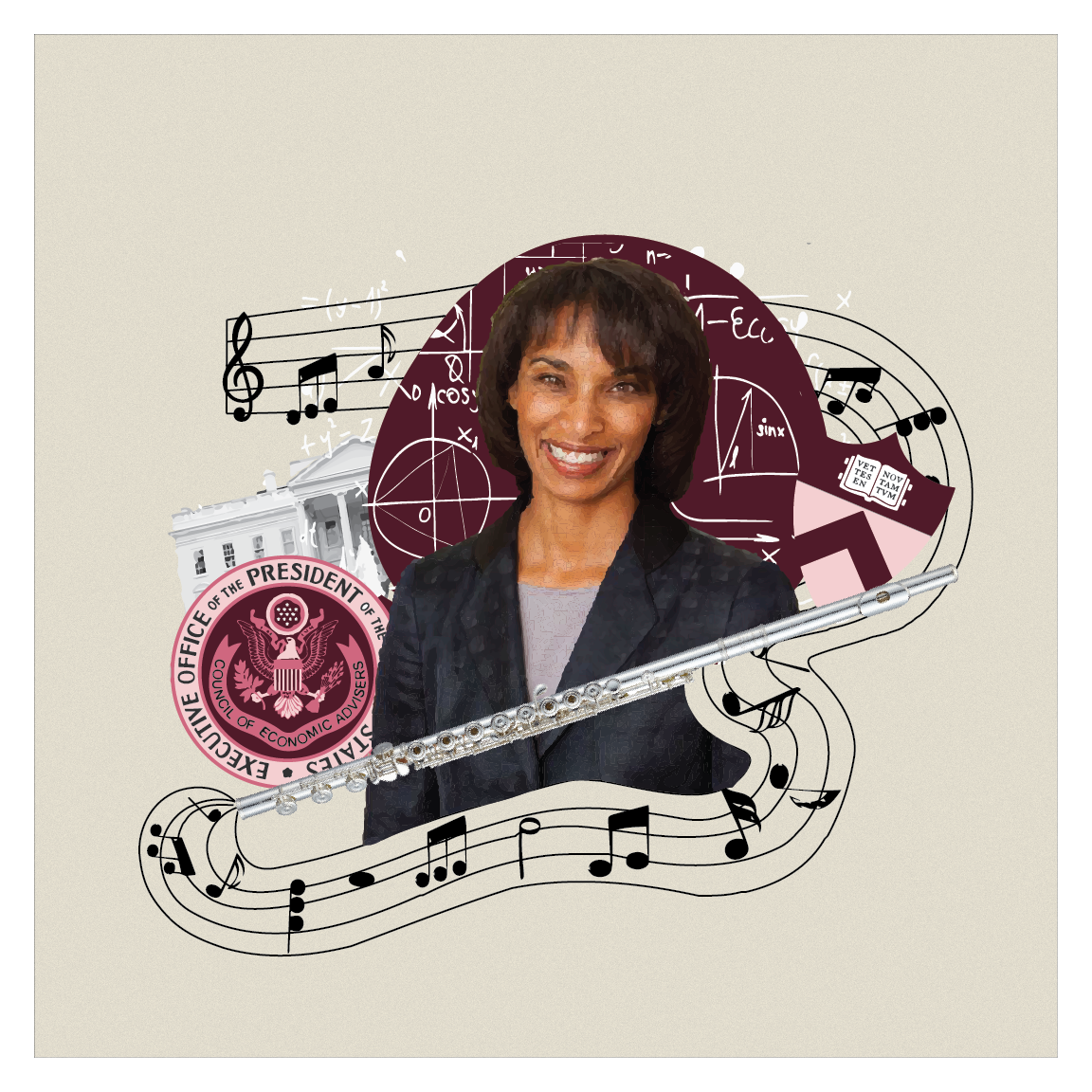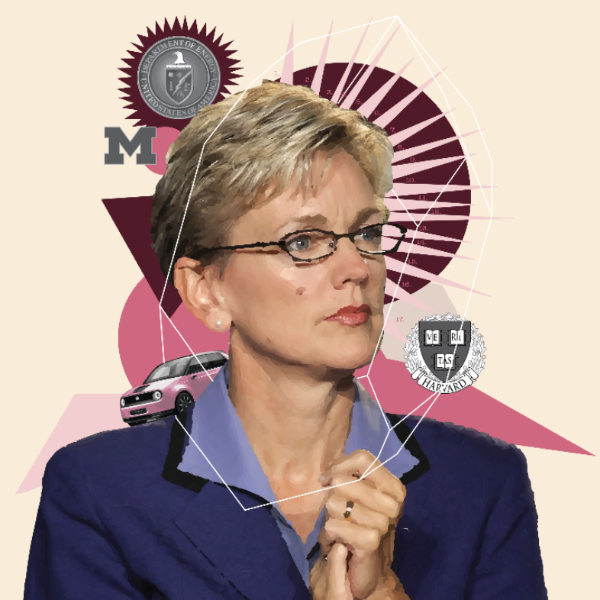Purchase with Purpose: Making Our Money Matter (and Reflect Our Value)
At Sundance 2019 with friends wearing our feminist varsity jackets.
When we think about leveling the playing field in business, media and politics for women and minorities, we often talk about the power and the parity that we’re still striving for — equal pay; representation in CEO suites, boardrooms and legislatures; access to healthcare that includes reproductive rights; and, the list goes on.
But today, I want to write about the power that we already have as women in the everyday decisions we make about what we buy and where we invest our money. When women choose to support women- and minority-led businesses, creative projects and political campaigns with their pocketbooks, it is no small thing.
Last year alone, women across the world were estimated to control about $40 trillion in consumer spending. We also know that women control or influence over half of all household purchases worldwide. In the past decade, the buying power of Black, Asian and Latinx consumers has grown exponentially (by 35, 68 and 51%, respectively).
“Buying power demonstrates that women and underrepresented populations have enormous influence as consumers, which may not necessarily correspond with the size of their populations,” reports Catalyst, a nonprofit focused on accelerating progress for women at work.
So what are we going to do with all this buying power?
Here’s an idea. Invest in women- and minority-owned businesses. Buy products and consume content — books, movies, plays, TV programs, music — created by women and people of color.
According to American Express’s 2018 State of Women-Owned Business Report, between 2007 and 2018 the number of women-owned businesses surged 58%, while all businesses increased only 12%. During the same period, firms owned by women of color grew at nearly three times that rate (163%). Numbers for Latinas and African Americans grew even faster: 172% and 164% respectively. In fact, women of color have been the driving force behind the growth of women-owned businesses. Native Hawaiian/Pacific Islander (146%), Asian American (105%), and Native American/Alaskan (76%) businesses grew more slowly than for women of color in general but faster than overall women-owned businesses.
Claiming our power in a new platform
This week, my friend Lindsey Taylor Wood, founder and CEO of The Helm, launches a new curated online shop featuring exclusively female-founded products, brands and designers. For The Helm, it represents the next phase in a comprehensive approach to investing in women that seeks to provide multiple access points for supporting female entrepreneurs, with a macro vision of reclaiming the relationship between women, money and power.
With more than 80 launch partners in the categories of fashion, beauty, home and wellness, The Helm’s platform features both emerging and seasoned brands, including notables such as Rosetta Getty, Mansur Gavriel, Nili Lotan, Paravel, Ashya, Anna Karlin and Joanna Vargas. The site also features accompanying editorial around women-led innovation — all of which is part of The Helm’s mission to increase capital toward and provide credibility and exposure for leading female entrepreneurs. Additionally, a portion of the proceeds from sales in the shop will go towards The Helm’s next venture fund. (more on that below)
Before starting The Helm, Lindsey worked for years in the women’s rights philanthropic space. When she saw how little venture capital money was being invested in women entrepreneurs, she decided to shift from activism to capitalism. “I wasn’t seeing the type of impact that I believed was possible,” she told Forbes last year. “It had become clear that, in order to accelerate progress, we needed to be more expansive and creative in the ways we approached ‘investing’ in girls and women.”
Coco & Breezy Eyewear, founded by Corianna and Brianna Dotson (pictured here with Lindsey), are just one of the many brands featured in The Helm's shop.
Lindsey founded The Helm in October 2016. "By pairing the things people love the most about philanthropy — community, content and products rooted in the interpersonal and emotionally resonant — with the scale and opportunity of venture capital, we could develop a more contemporary vehicle which allows people to rethink the way they invest in female entrepreneurs," Lindsey says.
The launch of The Helm’s new shopping platform comes on the heels of the successful conclusion of its first venture fund, which invested nearly $1.5M of seed capital in 11 female-founded companies across the country.
“The time is now to change the way we invest in equality,” Lindsey says. “We need to honor the women who have the courage to lead. We need to invest in them, make them visible, and provide them with the support they require to accomplish their goals.”
To quote my friend, Ruth Ann Harnisch, “Finance is the final frontier of feminism.”
— Pat


